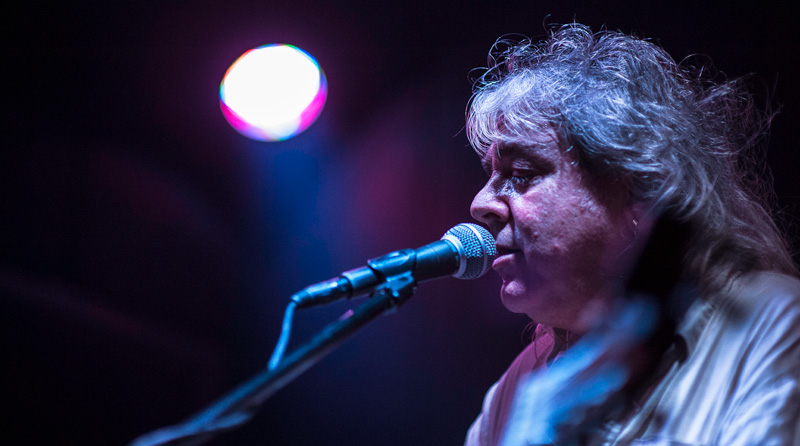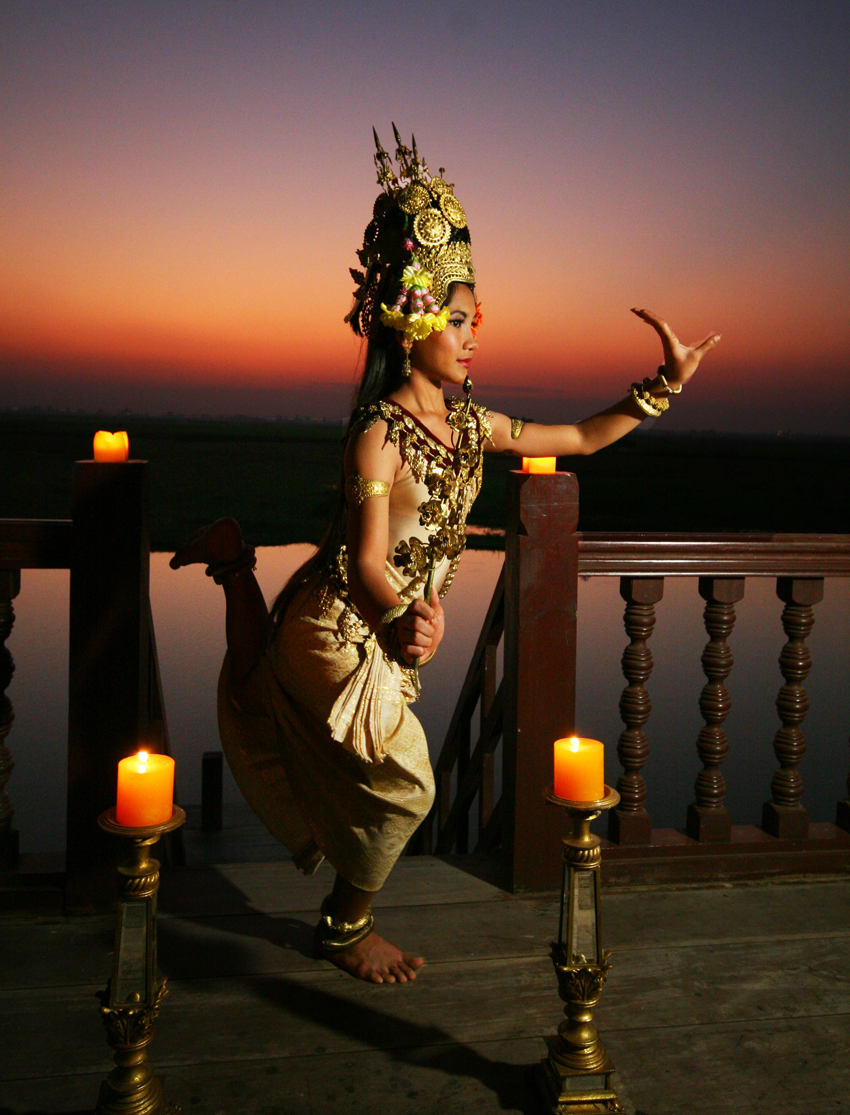It’s not supposed to be this way. Phnom Penh is meant to be a gritty, hellish capital where the streets flood, the electricity flickers and the brass-knuckle politics taint everything.
But just beneath the surface, a burgeoning colony of artists and musicians pays little heed to the temperament of the crowds, and such harsh underdevelopment, for all its pitfalls, proves an irresistible outpost for a certain brand of bohemian in search of less-travelled frontiers.
It is how The Groove bar came into existence, and how guitarist Diego Dimarques came to find himself perched on a barrelhouse stool sipping bottles of Angkor and playing Spanish jazz at the finest music room in Phnom Penh.
Clean-shaven with greying, shoulder-length hair, the 50-ish-year-old guitar player could easily pass for a son of Jose Reyes, the world-famous flamenco guitarist whose five sons – Nicolas, Canut, Paul, Patchai and Andre – comprise a majority of the Gipsy Kings.
“There are rumours that I was part of the band, the one with the white hair,” Dimarques says, dispelling any notion that he might be a long-haired Nicolas Reyes in disguise. “I am not part of their family in the sense that we have no common blood.”
But Dimarques is a fellow traveller on the same circuit, a compadre in heart and spirit, and considers Gipsy Kings co-founder Jalloul ‘Chico’ Bouchikhi both a friend and inspiration. “I met Chico when I was playing a hotel in Paris in 2006 or 2007 and he was there to promote his new album Freedom. I was surprised to see him and I went to him to apologise for not playing his songs very well, but he told me: ‘The more they are played, the less we forget the culture.’ We talked together around a Pastis and he told me there was no problem if people thought I was part of the band!”
Apologies were hardly necessary. As Chico affirmed, Dimarques had the chops worthy of the Gipsy Kings name.
The Groove is a befitting venue for such musicianship. Long, narrow and candle-lit, the space was created by fellow jazz crooners Richard Boisson and Philippe Javelle. Framed black-and-white photographs of famous singers hang from padded, cloth-covered walls. Seating is limited. The band is never more than a few metres away. The room itself is tucked out back of Terraza, the new two-storey Italian place on Street 282 with big windows, heavy wooden furniture and imported Italian nourishment.
Dimarques works the crowd between sets, shaking hands, talking shop. Ask and he will hand over his guitar, a solid-body classical with custom electrics and Savarez stings. “It’s heavy,” he laments, “but it sounds really nice.”
Born in Paris, Dimarques grew up quick and discovered the pleasures of vice while still young.
“I grew up at the foot of Montmartre in Paris, hanging out at the racetrack and playing pinball with my dad in the bistros, checking out the painters in Montmartre,” he remembers. “Then I started going to cabarets to listen to music, to see the magicians, the singers, the women. I started going out pretty early.”
He spent his summers in northern Spain, where his mother’s family lived, and where music found him. “I was playing tunes from Manitas de Plata and Paco de Lucia when I was 15 years old.”
The Gipsy Kings came on the scene in the 1980s, and along with the rest of the country, the band captivated Dimarques too. “In the ’80s, when the Gipsy Kings started to tour and Jobi Joba became famous, I took my guitar and started to play the same music too. This is how I got this Gipsy reputation.”
Dimarques’ style is mellower, more rumba than flamenco, and converges into something that might be described as Spanish lounge music. The result is a sound less danceable, but far more amorous.
If the streets outside are flooded, all the better.
WHO: Diego Dimarques
WHAT: Gipsy and Latin music
WHERE: The Groove, Terrazza, Street 282
WHEN: 9pm August 19 & 21
WHY: The capital’s very own Gipsy King


